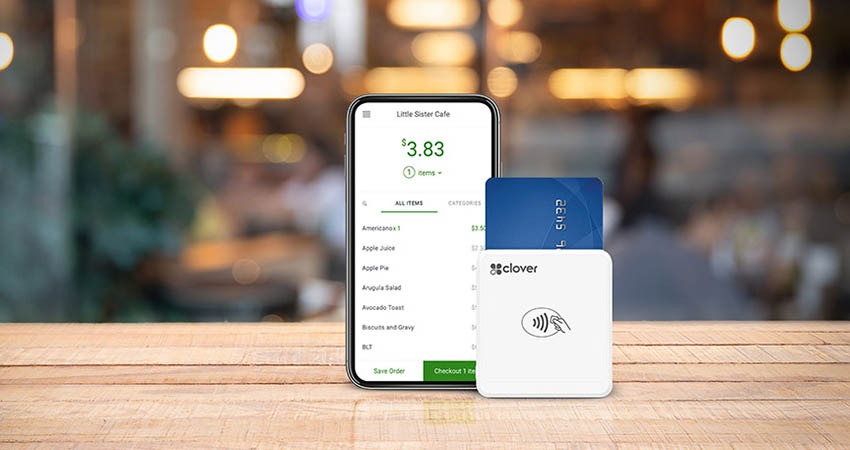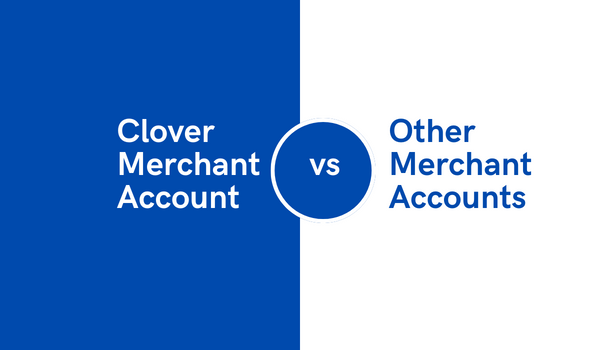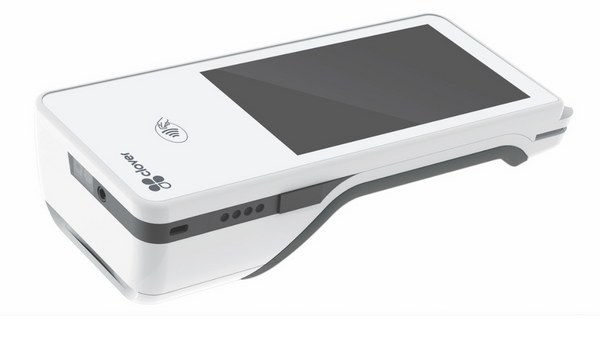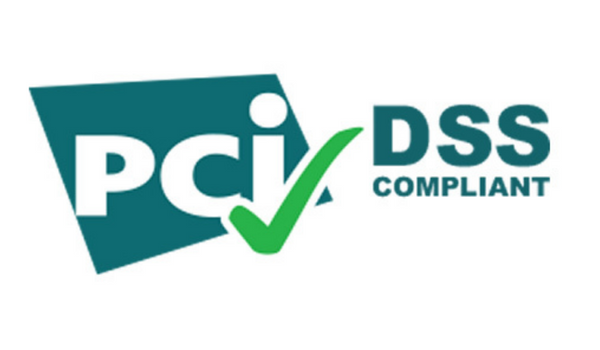
Definition of Clover Merchant Fees
If you're a merchant, you're probably familiar with the term "merchant fees." Merchant fees are the charges that a merchant pays to accept credit and debit card payments. There are three main types of merchant fees: interchange, assessment, and transaction.
Interchange fees are the fees that a merchant pays to the card-issuing bank. Assessment fees are the fees that a merchant pays to the card brands (Visa, Mastercard, etc.). Transaction fees are the fees that a merchant pays to the acquirer (the bank that processes card payments for the merchant).
Merchant fees can be confusing, but they don't have to be. In this blog post, we'll explain everything you need to know about merchant fees, including how they're calculated and what you can do to reduce them.
What are merchant fees?
Merchant fees are the charges that a merchant pays to accept credit and debit card payments. There are three main types of merchant fees: interchange, assessment, and transaction.
Interchange fees are the fees that a merchant pays to the card-issuing bank. Assessment fees are the fees that a merchant pays to the card brands (Visa, Mastercard, etc.). Transaction fees are the fees that a merchant pays to the acquirer (the bank that processes card payments for the merchant).
Merchant fees can be confusing, but they don't have to be. In this blog post, we'll explain everything you need to know about merchant fees, including how they're calculated and what you can do to reduce them.
How are merchant fees calculated?
Merchant fees for Clover, a point-of-sale (POS) system, are typically calculated based on a combination of factors, including the type of card being processed, the selected pricing plan, and the transaction type.
The standard pricing plan for Clover includes a percentage of the transaction amount plus a flat rate per transaction. For example, the fee for swiped, dipped, or tapped Visa, Mastercard, and Discover transactions is 2.3% + $0.10, while the fee for keyed-in transactions is 3.5% + $0.10.
It's important to keep in mind that these fees are subject to change and that there may be additional fees for specific types of transactions, such as international cards or high-risk industries.
To ensure that you are aware of all the fees associated with your Clover account, it's recommended that you review the pricing and fee structure before signing up for the service. This will help you make an informed decision and avoid any unexpected fees down the line.
Clover Merchant Fees: A Breakdown
As a business owner, you're always looking for ways to save money. When processing payments, you want to be sure you're getting the best deal possible. With so many different options, it can be tough to know which one is right for you.
Clover is a popular point-of-sale system that offers merchants a variety of features, including the ability to accept credit and debit cards and mobile payments. While the system is fairly affordable, there are still some Clover merchant fees that you'll need to be aware of.
Let's take a closer look at the different Clover merchant fees and what they cover.
Transaction Fees
Transaction fees for Clover, a point-of-sale (POS) system provider, vary depending on the type of card being used and the pricing plan selected. The fees typically include a percentage of the transaction amount plus a flat rate per transaction.
For example, the standard pricing plan for Clover includes a 2.3% + $0.10 fee for swiped, dipped, or tapped Visa, Mastercard, and Discover transactions, and a 3.5% + $0.10 fee for keyed-in transactions. There may be additional fees for specific types of transactions, such as international cards or high-risk industries.
It's important to carefully review the fees and pricing associated with any POS system you are considering, including Clover, to ensure that it meets your needs and budget. This will help you make an informed decision and ensure that you are not surprised by unexpected fees down the line.
Monthly Fee
The monthly fee for Clover, a point-of-sale (POS) system, can vary depending on the type of system you choose and the features you require.
Clover offers several different hardware options, each with its monthly fee. For example, the Clover Flex has a monthly fee of $14.95, while the Clover Mini has a monthly fee of $29.95.
In addition to the hardware fee, there may also be monthly software fees for specific features or add-ons, such as inventory management, employee management, or payment processing. These fees can vary greatly depending on the features you require and the plan you choose.
It's important to carefully review all the costs associated with any POS system you are considering, including Clover, to ensure that it meets your needs and budget. This will help you make an informed decision and avoid any unexpected expenses in the future.
Other Fees
There are a few other miscellaneous fees that you may be charged as a Clover merchant. These include things like chargebacks, refunds, and account set-up fees.
Chargebacks happen when a customer disputes a charge with their credit card company. If a chargeback is filed
How to Save on Clover Merchant Fees
As a business owner, you always look for ways to save money. When it comes to credit card processing fees, there are a few things you can do to reduce the amount you are paying. One option is to use a service like Clover Merchant Services.
Clover Merchant Services is a credit card processing company that offers businesses a way to save on their credit card processing fees. They offer a flat-rate pricing structure lower than the industry average.
You can do a few things to reduce the amount you are paying in credit card processing fees.
- Review your current credit card processing statement and compare the rates you are paying with the rates offered by Clover Merchant Services. If you are paying more than the average rate, you may be able to save by switching to Clover.
- Negotiate with your current credit card processor. If you have been with your current processor for a while and have a good relationship, you can negotiate a lower rate.
- Ask your customers to use other forms of payment. While you may be unable to eliminate credit card processing fees, you can reduce the amount you are paying by asking your customers to use other forms of payment, such as cash or checks.
Following these tips can save on credit card processing fees and keep more of your hard-earned money.
Alternatives to Clover Merchant Fees
Clover merchant fees are the charges assessed by Clover for processing credit and debit card payments. There are four main types of Clover merchant fees: interchange fees, assessment fees, network fees, and gateway fees.
Interchange fees are the fees charged by the card issuer (Visa, Mastercard, etc.) for each transaction. These fees are set by the card issuer and are the same for all merchants.
Assessment fees are charged by the card association (Visa, Mastercard, etc.) and are a percentage of the interchange fee.
Network fees are charged by the payment processor (Clover, First Data, etc.) and are a percentage of the interchange fee.
Gateway fees are charged by the payment gateway (Clover, authorize.Net, etc.) and are a monthly fee.
There are four main alternatives to Clover merchant fees: flat-rate pricing, tiered pricing, pay-as-you-go pricing, and subscription pricing.
Flat-rate pricing is a single, fixed fee for all credit and debit card transactions. This pricing model is simple and easy to understand, but it can be expensive for businesses that process many transactions.
Tiered pricing is a three-tiered pricing model that charges different rates for different types of transactions. This pricing model is more complex than flat-rate pricing, but it can be more cost-effective for businesses that process many transactions.
Pay-as-you-go pricing is a pay-per-transaction pricing model that charges a fixed fee for each transaction. This pricing model is more expensive than flat-rate pricing, but it can be more cost effective for businesses that process a small number of transactions.
Subscription pricing is a monthly fee that gives businesses access to a payment gateway and processing services. This pricing model is more expensive than pay-as-you-go pricing, but it can be more cost effective for businesses that process many transactions.






